Water Heater Not Heating? Now What?
Hot water. We all take it for granted. For instance, when you want to take a hot bath, you probably don’t boil water on your hearth like the pioneers did. Instead, you just turn on the tap. When you feel like washing your clothes in hot water, you just set the washing machine to “hot” and let your water heater do its magic.
But what happens if you discover that your water heater is not heating? You’ll want to troubleshoot the problem by understanding all the possible reasons for your hot water problems.
Hot Water Heater Not Working? Here Are Some Possible Reasons
When your water heater isn't working and is either barely heating water or not heating it at all, you may have one or more issues on your hands. Same if you find your hot water not working but the cold is.
Below are some common reasons for a “sick” water heater:
- The heating element is damaged. Do you have an electric water heater? You may not realize it, but you have two heating elements. Either one could become worn out and stop working.
- The gas valve isn’t keeping your pilot light on. If you have a gas-fueled water heater, you have to be able to keep your pilot light going strong. If the valve that enables your pilot light is broken, you’ll only get a stream of chilly water.
- Your water heater's dip tube has a crack in it. Unless you’re a plumbing technician, you might not know about dip tubes. The dip tube is inside your water heater and pushes cold water toward the heating element. When the dip tube becomes cracked, it allows cold water to go straight to your pipes without getting hot first.
- Your water heater is filled with lots of sediment. Older water heaters naturally collect lots of sediment that can get in the way of optimum performance. The sediment clogs up all the inner workings of the water heater, making it work harder — and inevitably fail you when you most need hot water.
You have a faulty thermostat in your water heater. Does your water get scalding and then icy? That’s a back-and-forth experience that’s not fun or healthy. In this situation, your water heater thermostat may be to blame.
When to Replace Water Heater Elements — or the Water Heater Itself
Even if you’re a DIYer, you still probably shouldn’t poke around your water heater to fix what’s wrong. And that’s especially true if your water heater runs on gas. (Never mess with the gas line. You could have a huge problem on your hands that goes far beyond a freezing shower).
That said, if you're dealing with the following, seek out a professional to fix your water heater:
- You're getting no hot water from any of your faucets.
- You’re only getting hot water some of the time.
- The temperature of your water fluctuates and you can’t seem to control it by manipulating the thermostat on your water heater.
- You get hot water for a couple of minutes but it runs out quickly and turns cool.
You may also need a new water heater or need some maintenance if you have hot water most of the time but notice that your water heater makes odd gurgling sounds or your water emits a bad odor.
Who Fixes Water Heaters?
So, who should you bring in to fix your water heater? Plumbing technicians. A plumber can help you know when to make repairs versus when to replace a water heater entirely. For instance, they can come to your house and run some tests to figure out what’s making your water heater “sick.” Maybe you need a fast fix — or perhaps it’s time for a complete appliance overhaul. Either way, your plumber will give you the scoop.
It’s important to remember that the average age of a hot water heater is about 10–12 years, at most. Consequently, if your hot water heater is on its last legs, you may be in need of an upgrade. Reach out to our team at Gainesville Mechanical today to request a service today.
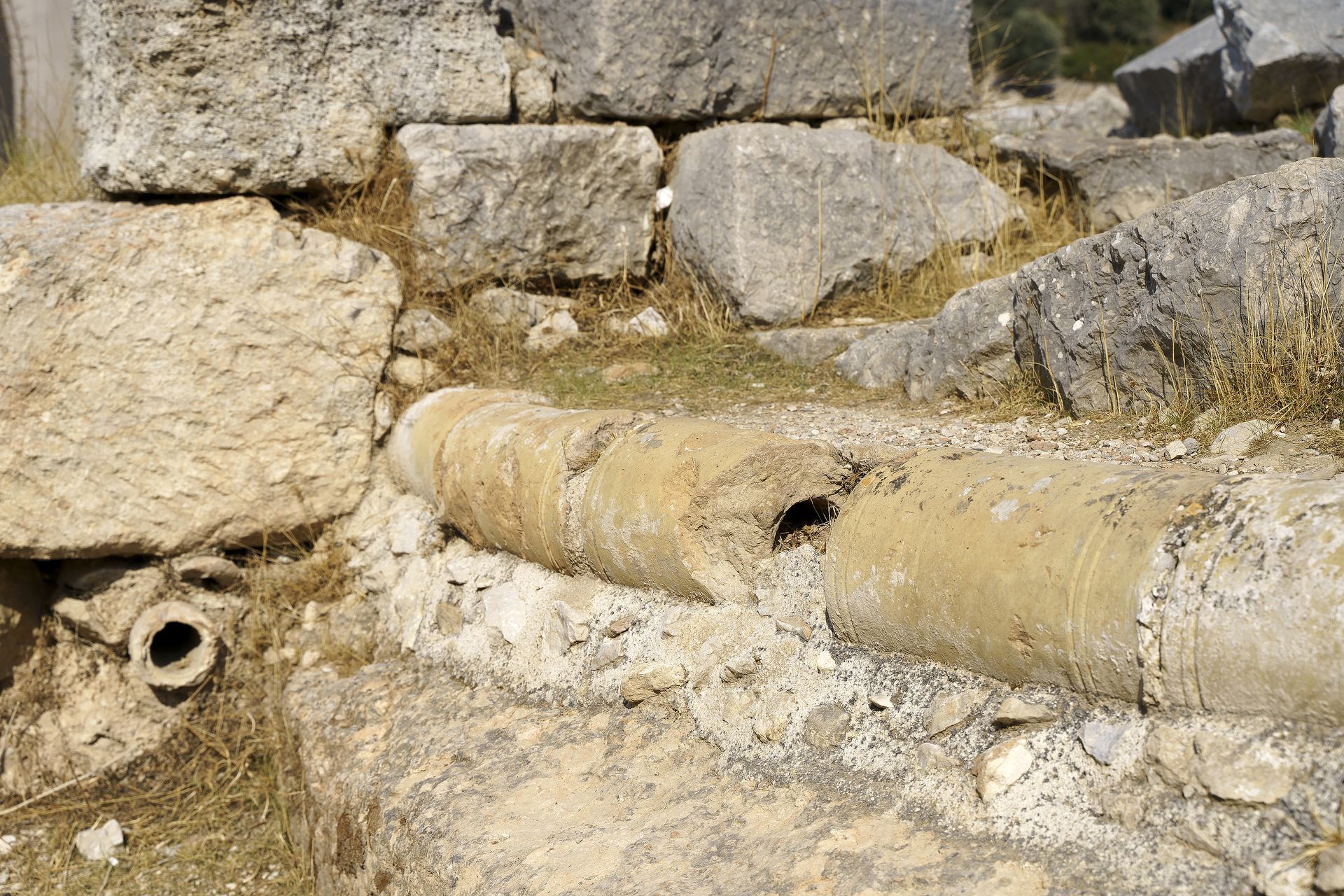

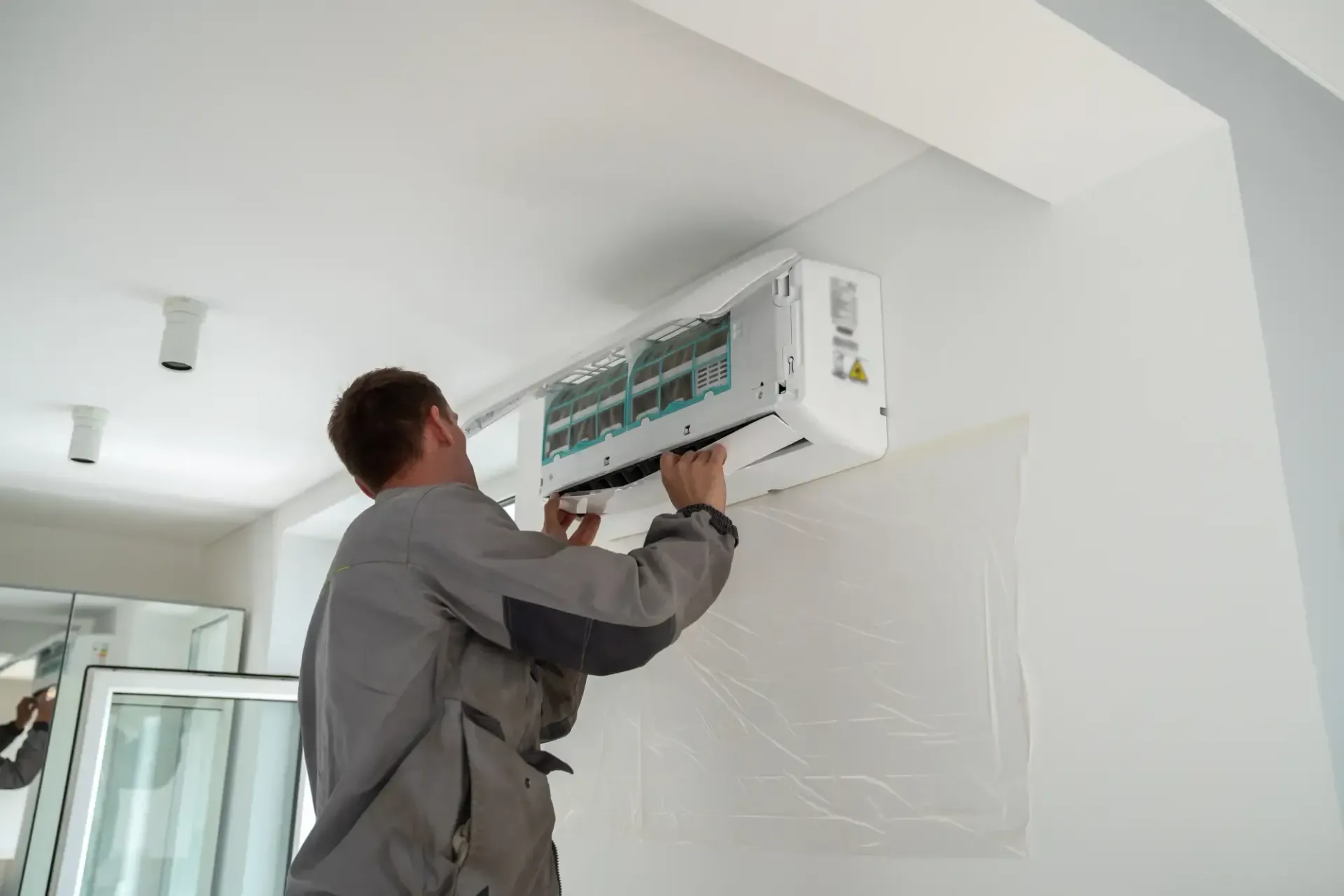
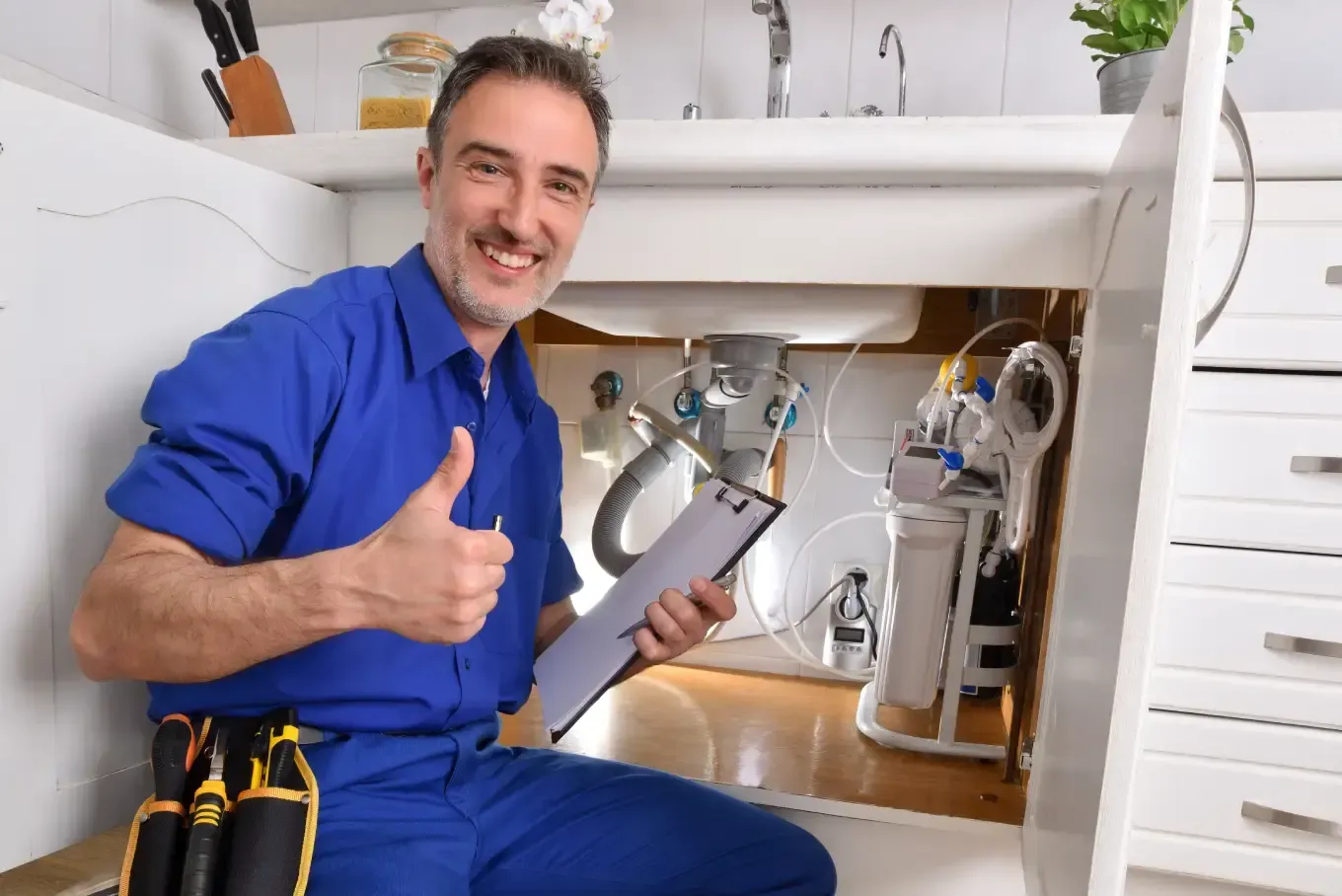
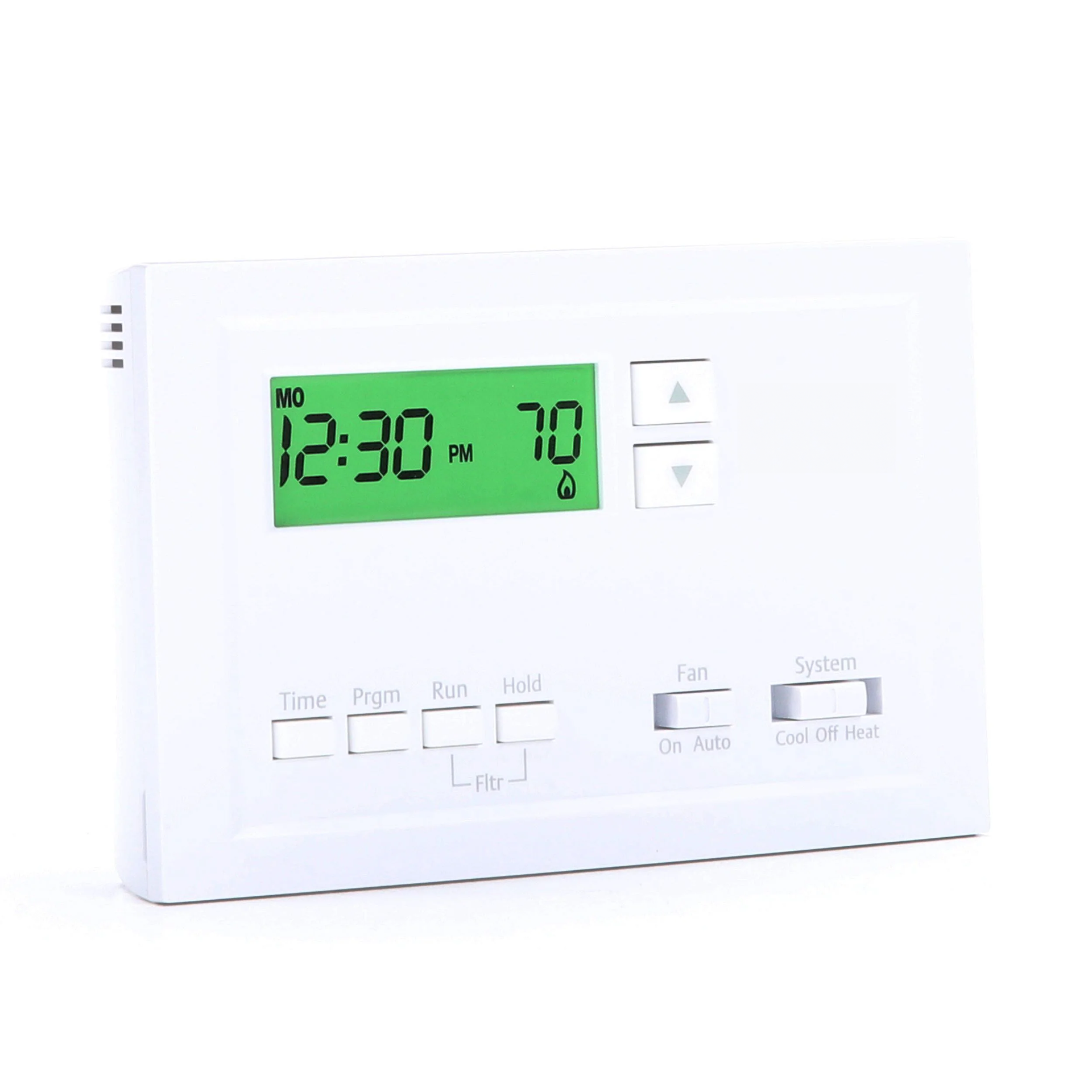
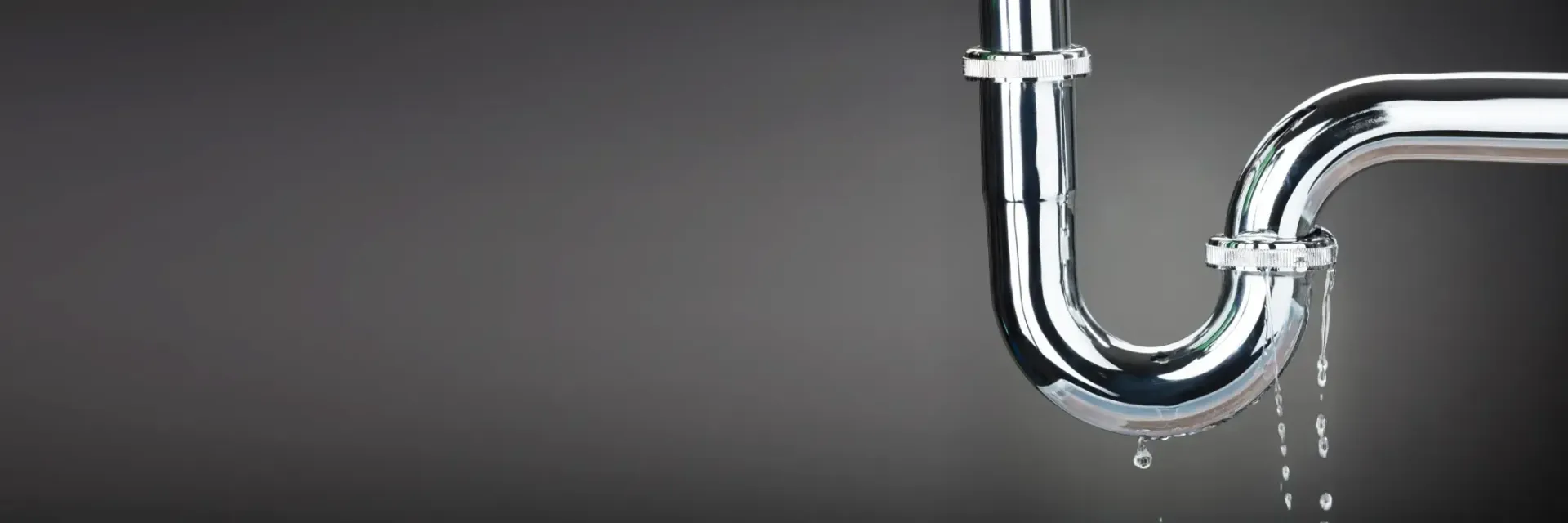
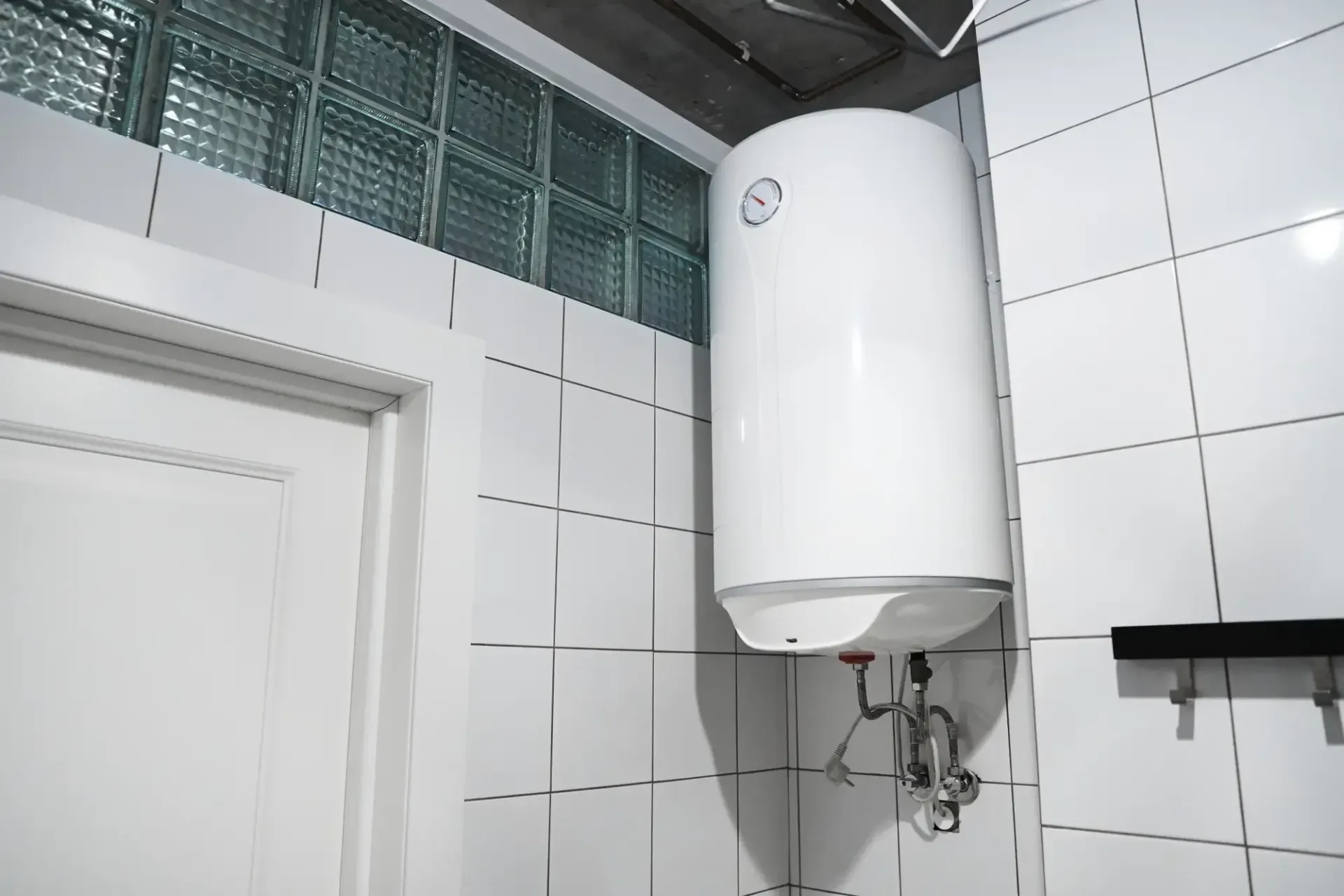
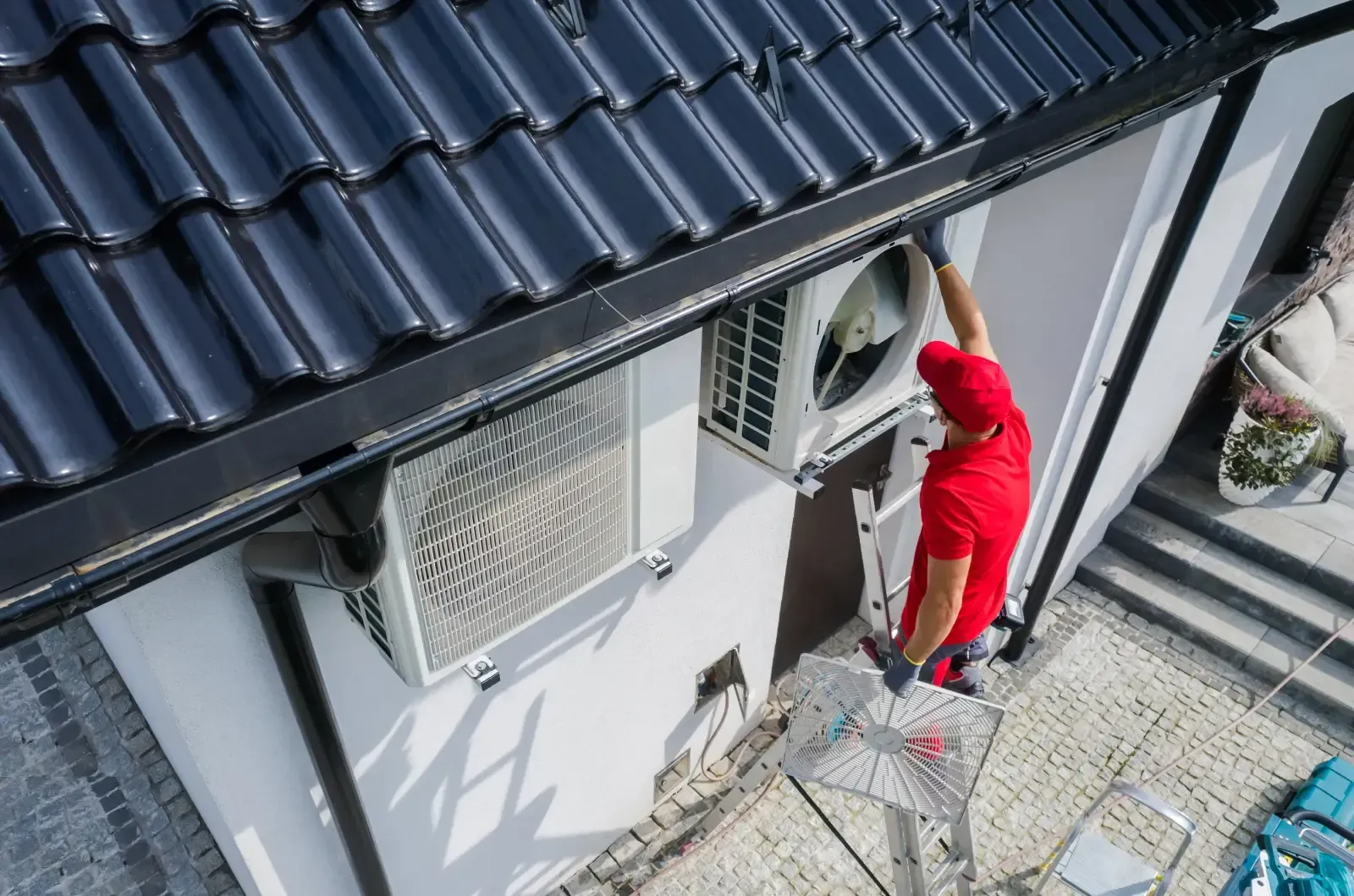
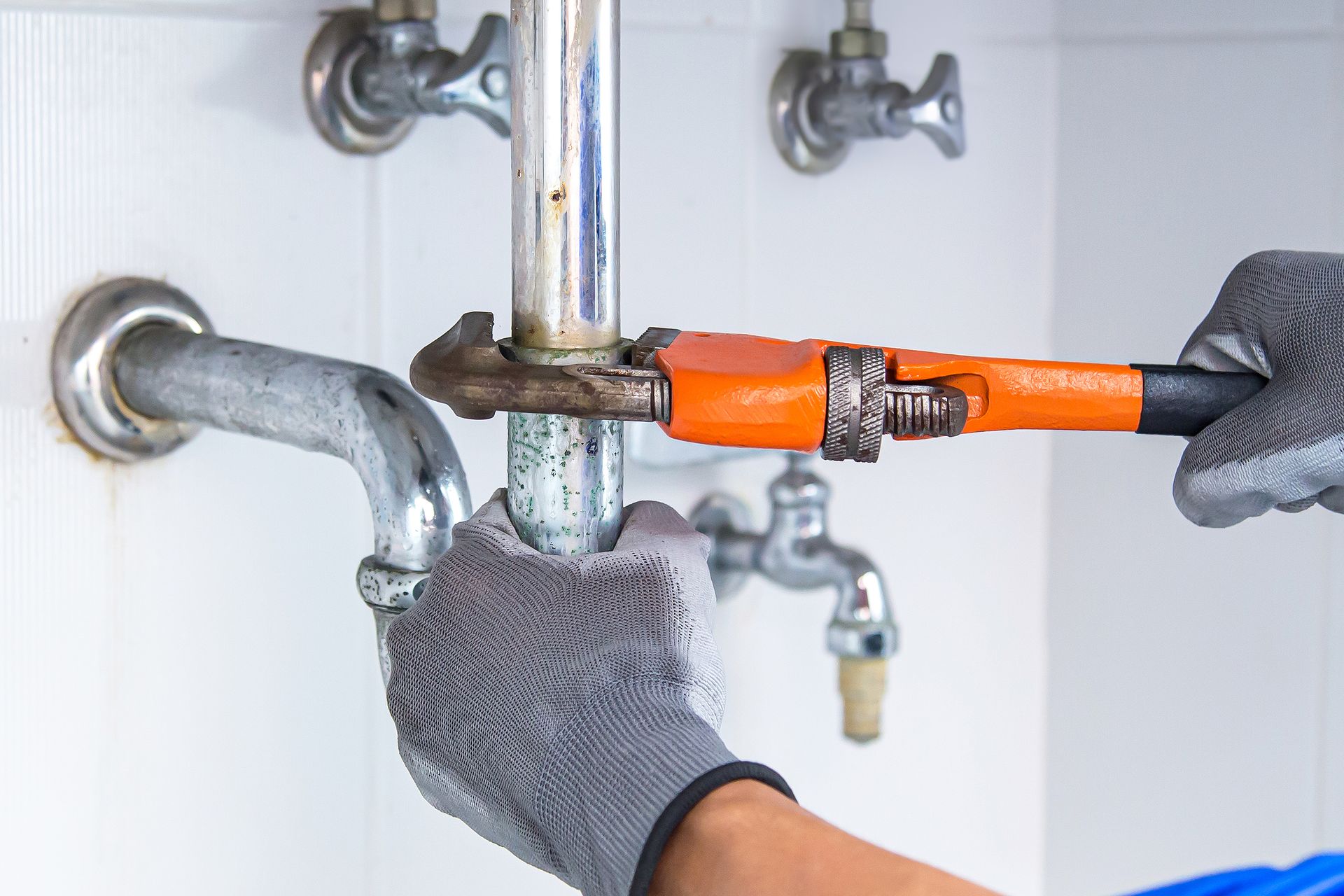
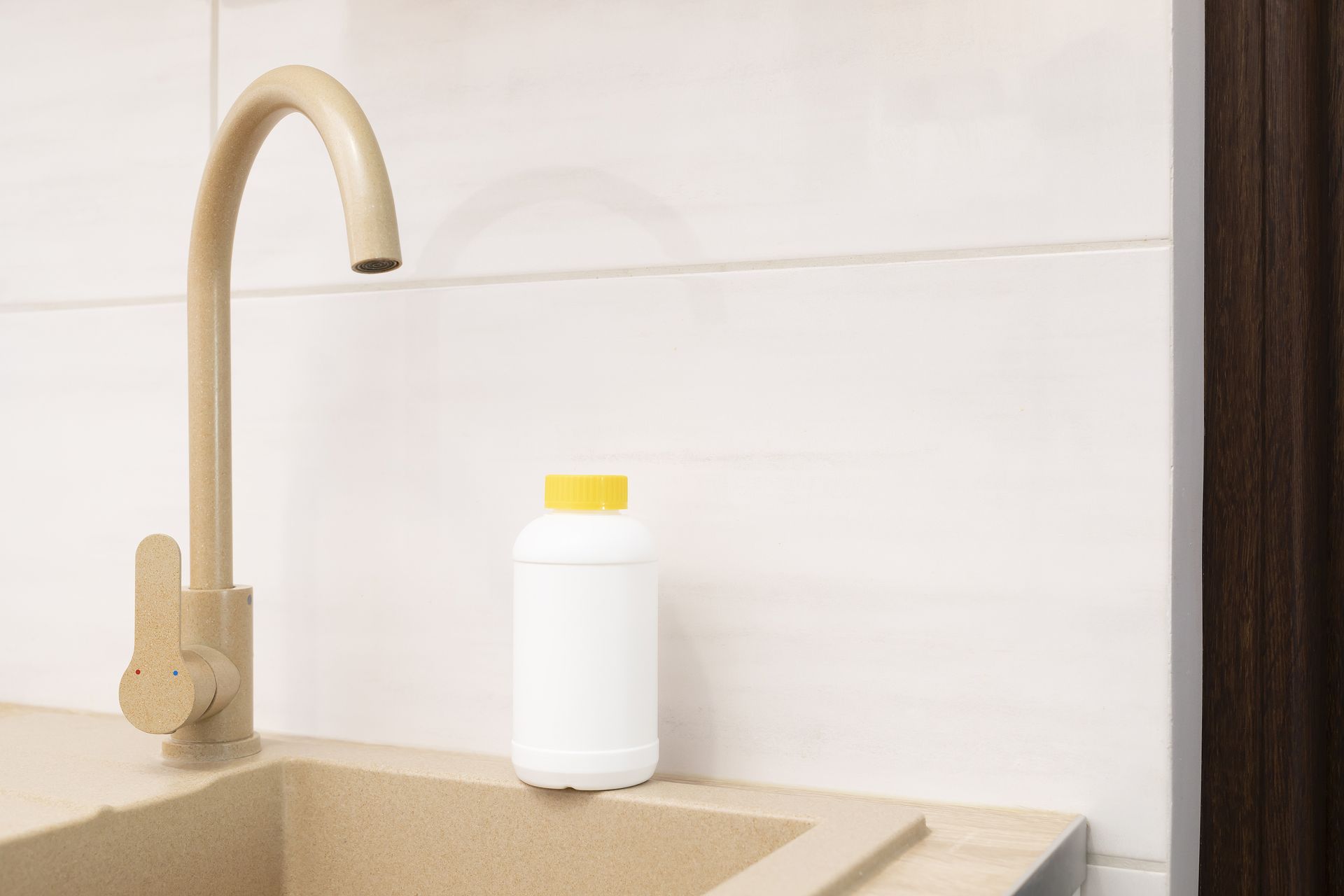
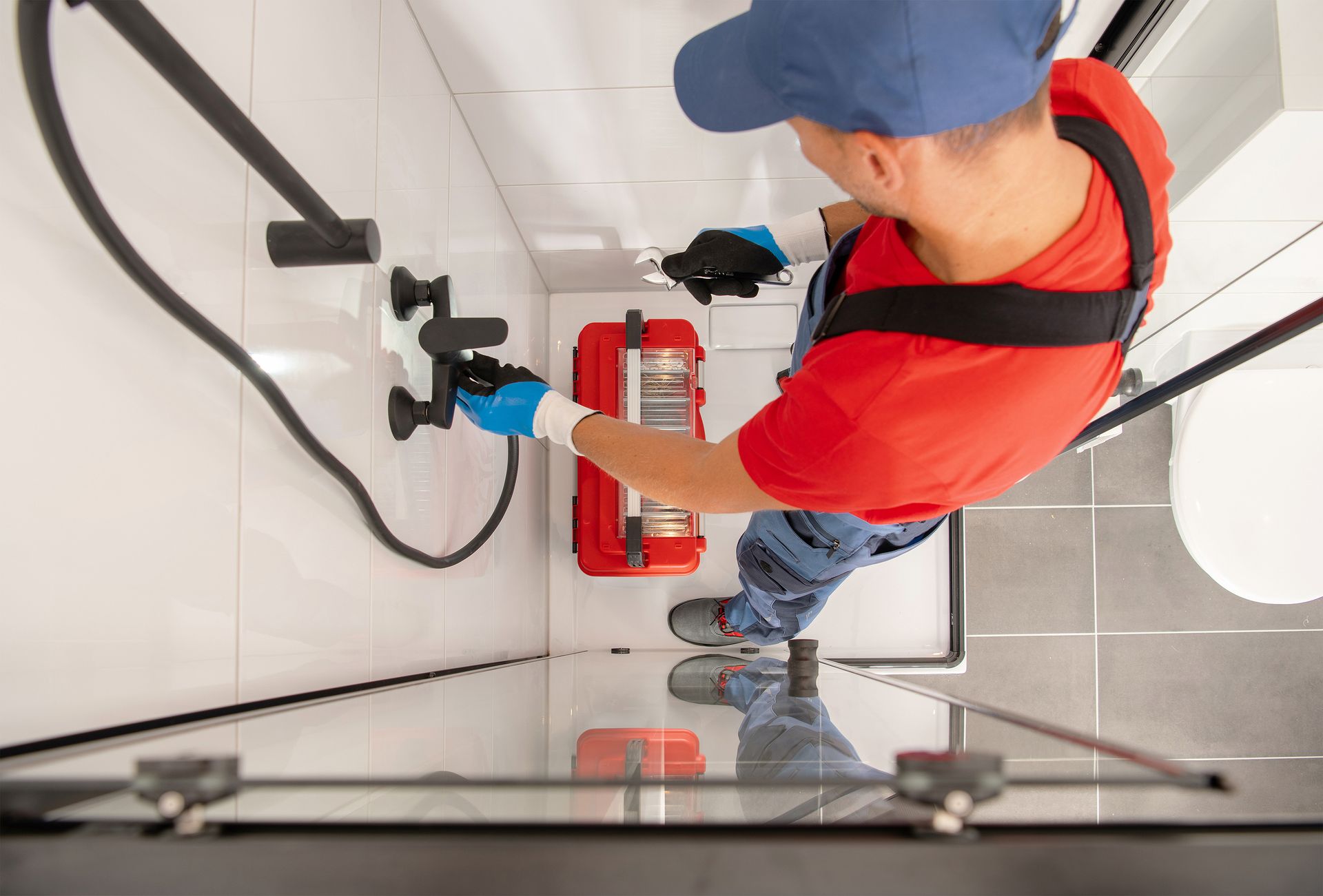
Share On: